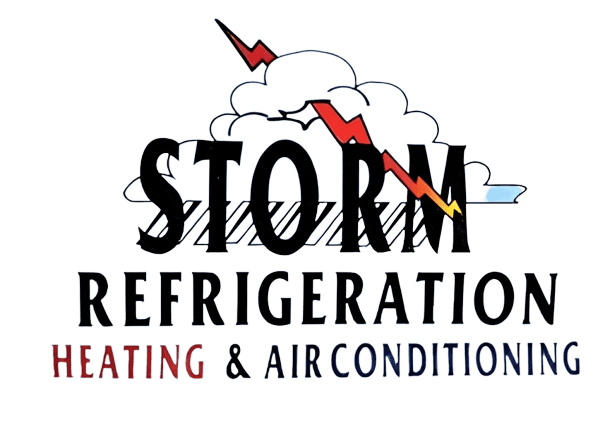HVAC 101
As a rule of thumb, replace your existing home comfort system when repairs cost 30% of a new purchase or when utility bills have increased 50% as a result of older, less efficient systems using more, higher-priced electricity.
Air conditioning and heating equipment consume about 44% of a home’s energy bill. Today’s ENERGY STAR-qualified systems are as much as 60% more efficient than 10-year-old equipment.
In new homes or remodels, a central home comfort system is the best solution for overall comfort and superior indoor air quality and humidity control.
Look for a programmable thermostat for accurate, reliable, energy-saving performance. For added savings and convenience, our Residential Communicating Control with Wi-Fi support works with mobile devices to easily program your system wherever you are.
Seek out a contractor who is associated with a recognized brand. If they are backed by the product and training resources of a major manufacturer, you will feel confident that you’re getting the home comfort system that best meets your needs.
Get solid advice from an expert. The right contractor can perform a load calculation or an energy analysis to determine your operating costs. After getting to know your needs, he can customize a system just for you.
Every system is different. After a thorough inspection of your electrical system, ductwork and other components, your contractor will provide a rundown of what you need to replace and what you can keep.
That depends on the house and the system. While air conditioners and gas furnaces require different components, the common denominator is ductwork, which must be properly sized and zoned for proper system performance. Your contractor can evaluate your existing setup and tell you how simple your installation will be.
An air handler circulates conditioned air throughout your home. You can combine it with accessories to filter, humidify or dehumidify the air stream as needed.
Indoor air can be from five to 100 times more polluted than outdoor air. Adding humidifiers, dehumidifiers, ventilation systems, UV lights, and air filter technologies can dramatically improve your indoor air quality.
Get in Touch
Send a Message
If you have any questions, please let us know. We will contact you as soon as possible.
